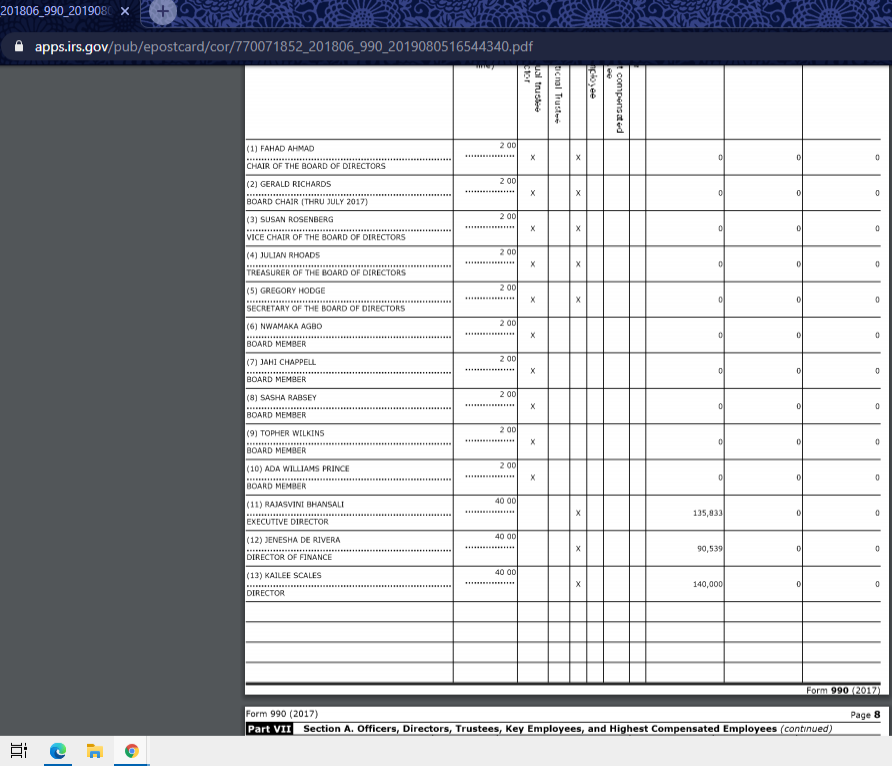I cried tonight. I didn’t expect it. I was watching a movie that wasn’t sad, that didn’t have me in the least feeling teary, and it ended without anyone dying, and I remembered something I told someone earlier in the day, that I didn’t feel very deeply when I said it. And I just cried.
I mean, I know that I have had a long and overwhelming few weeks. I know that the whole world feels like it is inevitably sliding toward the brink. I know that I have sadness that is not depression that hasn’t been all the way dealt with. Not that I feel like it’s holding me back; I have a job, after all. I gather and laugh and pray and work and even occasionally meet new people. There was Covid. There still is the strangely rapid totalitarian takeover that is sort of called Covid. I think there’s a lot of sadness in me about that. I know that “captivated by hope” is not currently the best descriptor of me.
But the tears did surprise me. Hard tears, real crying for a minute or two. Tears that have to do with actual hard things in my actual life, and not just pulled out of me by a sad movie or another person’s struggle.
Earlier today I told someone I work with that I had wanted twelve kids.
My job is fine. It’s a job. It’s work that I don’t feel is completely meaningless. I’m probably overqualified, but no one would really know that from a resume. (Not that there are things I don’t know, like how to make the e in resume have that little accent line over it to distinguish it from picking up where we left off.) I actually work really hard, much harder than is strictly necessary, at my job. I try to find ways to make it better, whether it would particularly benefit me or not.
So after I cried, I was wondering. If I’d had twelve kids and a household by now, that would be an enormous task. I’d probably have cried more over the years. But I wonder if I put so much into my job because I really believe I’m capable of doing more – you know, like wrangling a whole big family.
I got to be on a team this week. My little sister and her husband own their first house, and I was helping them fix it up by handling a drill and a hammer and all sorts of other things I am vastly underqualified to do. One day in particular a fellow volunteer was someone I’d served with years ago at a ministry, and it brought back fond memories of that teamwork. No joke; I was so grateful to get to be on a team with him again.
Another team member from that ministry back in the day has had a life really different from what I expected. He’s been doubting things he taught others about Jesus back then. And suffering from life and human betrayals in a way that is undoubtedly all knotted up with the other doubts. That makes me sad. Ecclesiastes says not to wish that we were back in the former days, romanticizing the past. How do you do that when the former days held so much that today doesn’t? People have literally died. Marriages are broken. Doors are closed on hopes. Friends moved away. Comrades in Christ have professed not to trust Him anymore. What is that?
I know how to obey Ecclesiastes. It’s like a friend was texting me recently: to look to God, to think about Him and His plan and what we know He’s doing. Hours before the crying, I was thinking about that. There is this book I really like but haven’t read in a few years, and the author weaves in glimpses to the plots of demons, like Screwtape Letters, and then the readers get to see their evil plots unfolding, everything going according to plan, and it is horrible, but it is so good for me, because as the story goes on, it so happens that there is a bigger plan by a more powerful Person, and that it is actually His will going according to plan, so that the end the demons hoped for is completely thwarted. In the immediate future, I cannot imagine what bigger plan is going on. But I do know that in the very end the end we hope for is true. The King comes on a white horse, vanquishing enemies and making a home for His beloved faithful, receiving His own due reward and desire.
I got to work early this morning, and turned on our Pandora while I got things set up. I picked a different station, and was surprised that it played me hymns. I changed it to less overtly religious music when we opened, but it was so nice to have a quiet ten or fifteen minutes being reminded “which, wert, and art and evermore shall be.”
To God be all glory,
Lisa of Longbourn

